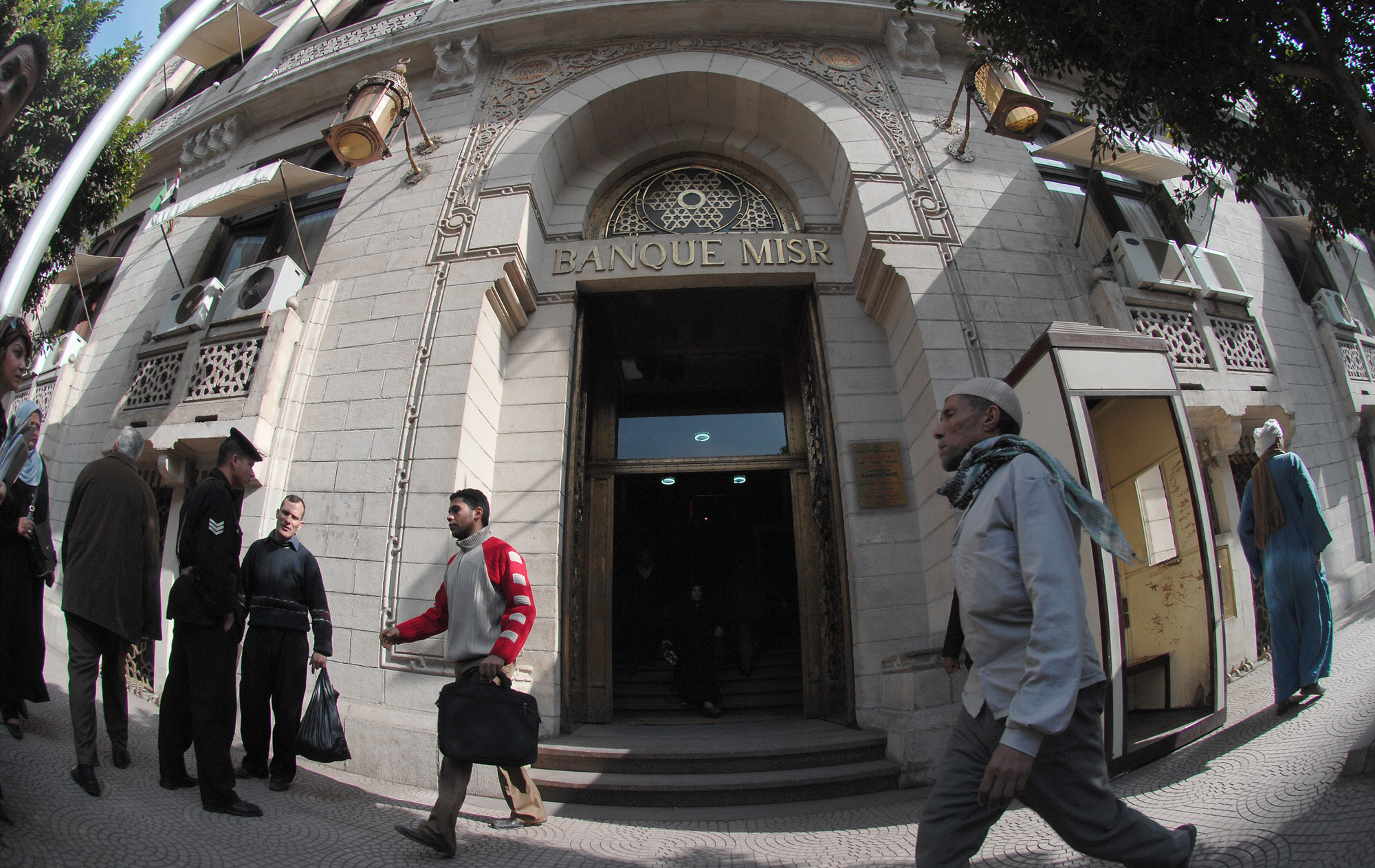The total volume of foreign trade operations financed by banks operating in the domestic market during the period from 3 November 2016 to 25 May 2017 amounted to $35bn, according to Tarek Fayed, deputy governor of the Central Bank of Egypt (CBE).
In a statement on Wednesday, Fayed said that banks had paid letters of credit and collection documents worth $25bn, next to opening new letters of credit worth $10bn.
Imported operations, financed by banks since the flotation, have so far included basic commodities and non-essential goods, with production inputs, food commodities, and medicines at the top of the list of goods financed by banks.
According to statements by officials of The National Bank of Egypt and Banque Misr, the two of them accounted for the largest share of funding for imports.
Vice chairperson of the National Bank of Egypt (NBE) Yehia Aboul Fotouh said that the bank secured funding of $8.5bn to finance the import operations of the private and government sectors, since the flotation of the pound so far, including the opening of letters of credit.
Akef El Maghraby, vice chairperson of Banque Misr, said that the bank financed imports of $5bn since the flotation in November.
CBE Governor Tarek Amer said in previous remarks last week that banks collected $25bn from clients from the flotation of the pound on 3 November 2016 until now.
On another matter, Amer said, during his meeting with President Abdel Fattah Al-Sisi on Tuesday, that the decision to raise the interest rate by 2% aims to curb inflation, which has become a main obstacles for investment. He added that the CBE takes into account all segments of society and seeks to stabilise—through these decisions—prices and adjust markets.
Amer revealed that during the first two days of raising the interest rate, Egypt received $1bn of foreign investment flows, reflecting the success and validity of the monetary policy, which takes into account the conditions of domestic and international markets.








